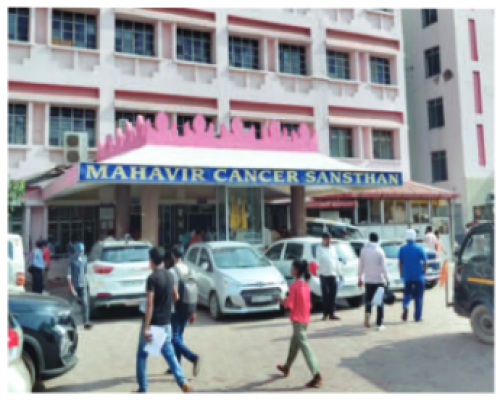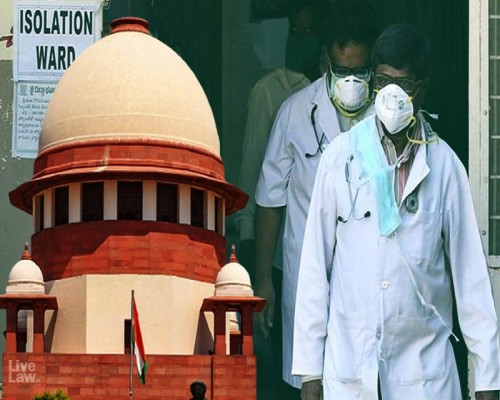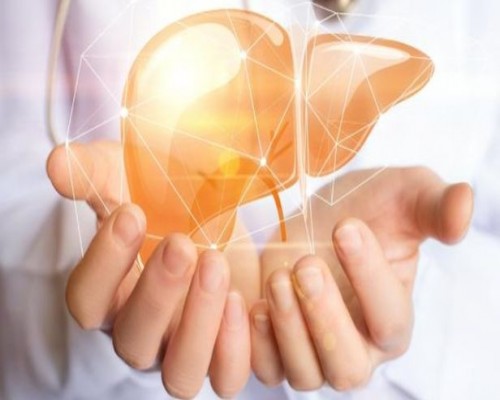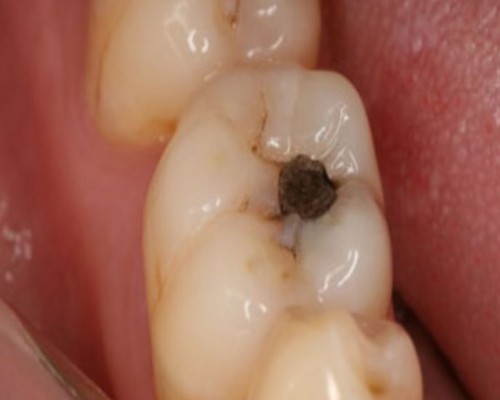"Alarming Lead Levels Found in Mothers’ Milk in Bihar"

A recent study by the Mahavir Cancer Institute has revealed dangerously high levels of lead in the breast milk of mothers across six districts in Bihar. This poses a significant threat to children’s mental development and could lead to severe health complications for both mothers and infants.
Key Findings:
• Lead levels in 92% of the samples tested were above the safe limit, with the highest recorded concentration being 1,309 micrograms per liter.
• The study analyzed 327 women aged between 17 and 40 from Samastipur, Begusarai, Khagaria, Darbhanga, Munger, and Nalanda districts.
• Common sources of lead contamination include polluted water, soil, and locally grown food items.
Health Implications:
Lead exposure through breast milk can severely impact a child’s cognitive, physical, and emotional development. The World Health Organization (WHO) sets a safety limit of 3.5 micrograms per liter, far below the levels detected in this study. Prolonged exposure may lead to developmental delays and other lifelong health issues.
Broader Context:
India faces a larger crisis, with 27.5 crore children exposed to unsafe lead levels as per a UNICEF report. Lead contamination often originates from contaminated food, water, and soil, exacerbated by improper waste disposal practices.
Urgent Recommendations:
Authorities must address this pressing issue by:
• Ensuring safer food and water supply chains.
• Educating communities about the risks of lead contamination.
• Implementing stricter pollution control measures to safeguard public health.
This study underscores the urgent need for interventions to protect the health and well-being of vulnerable populations in Bihar and across India.























